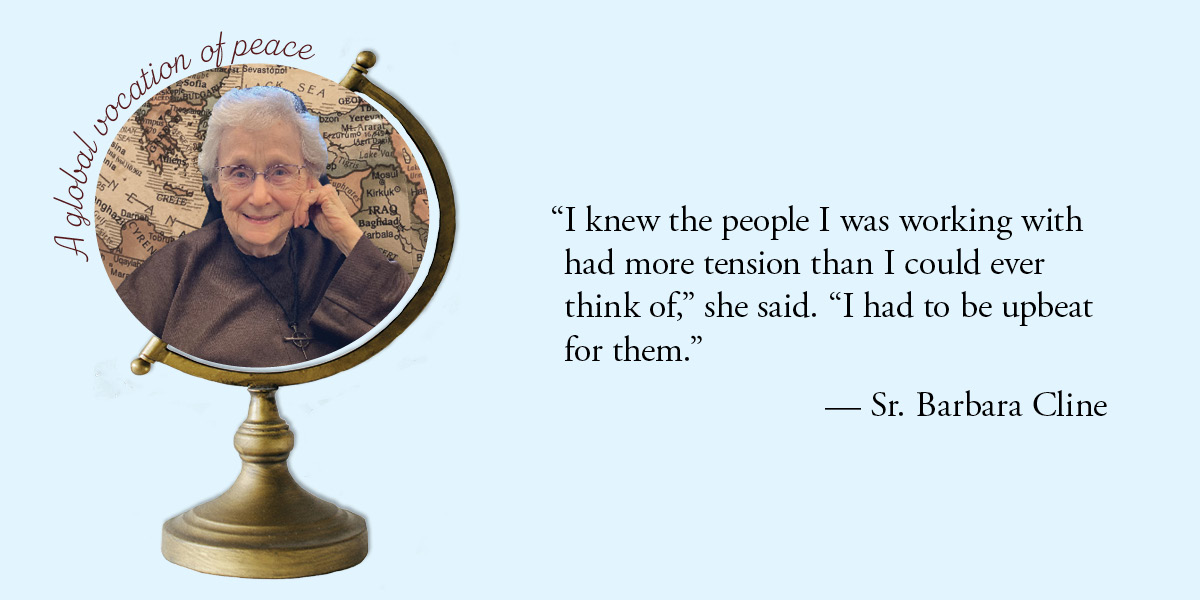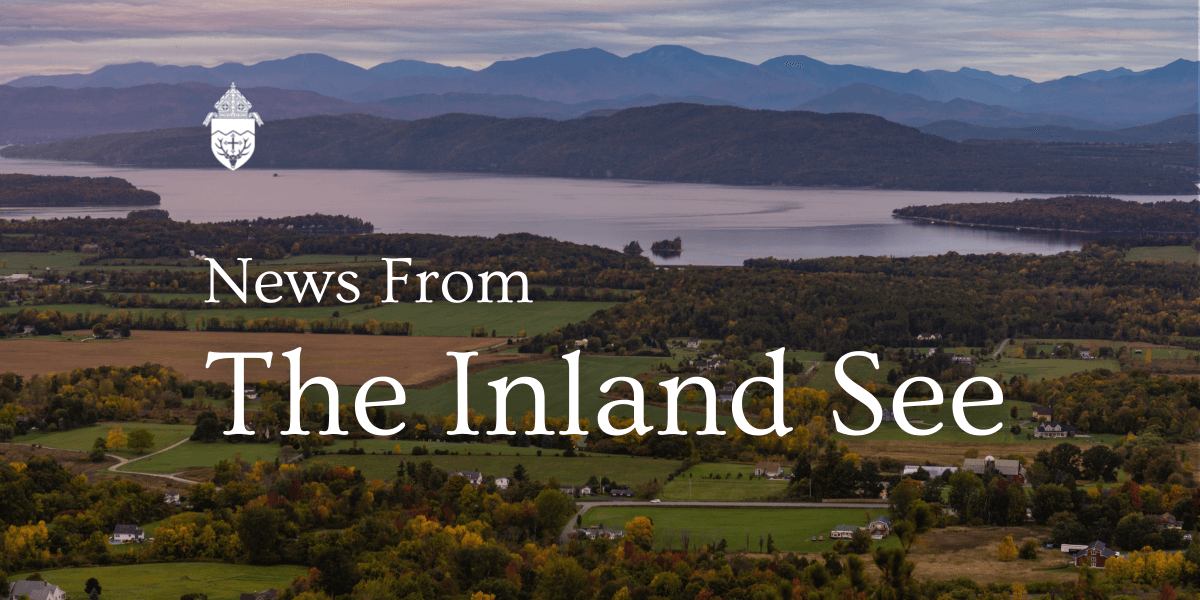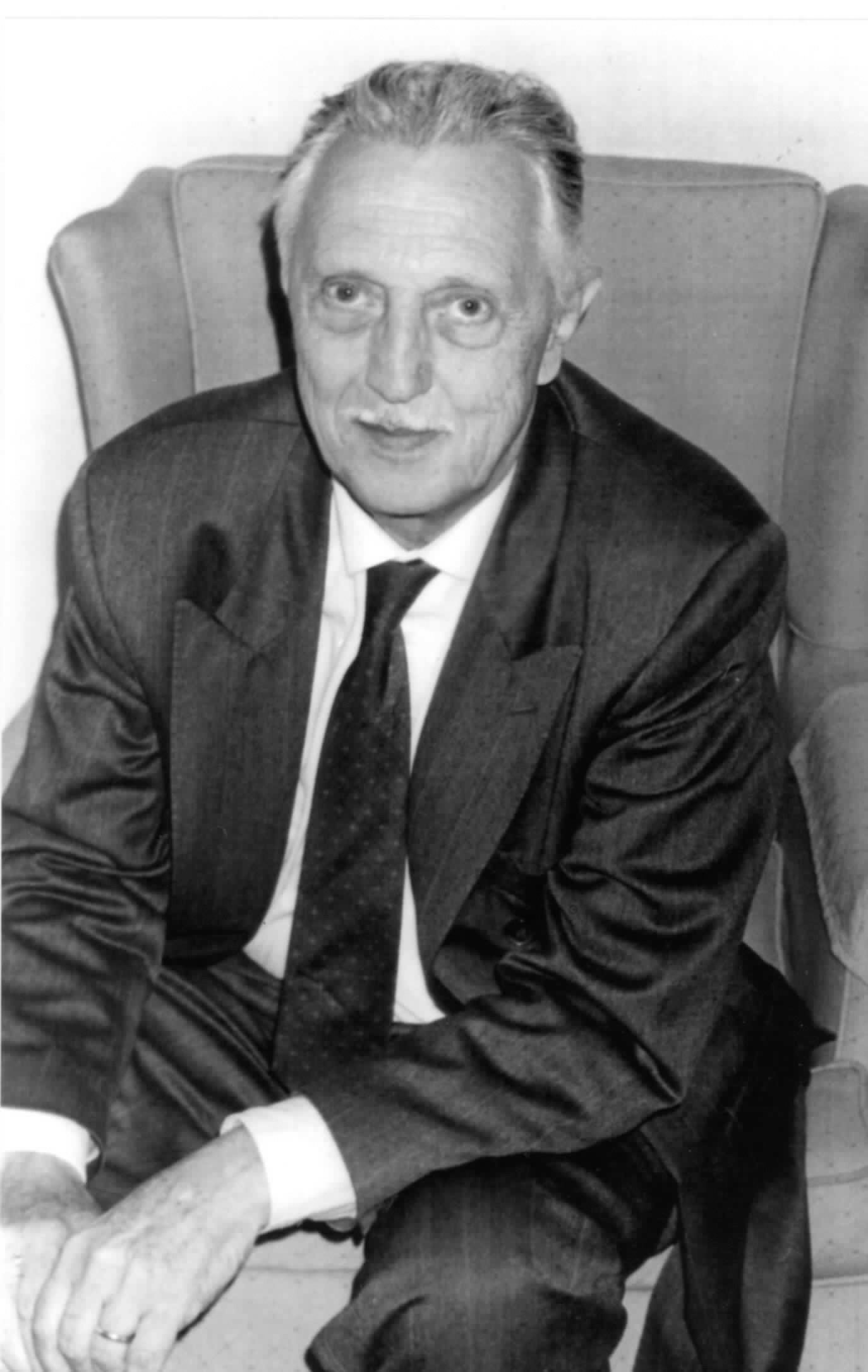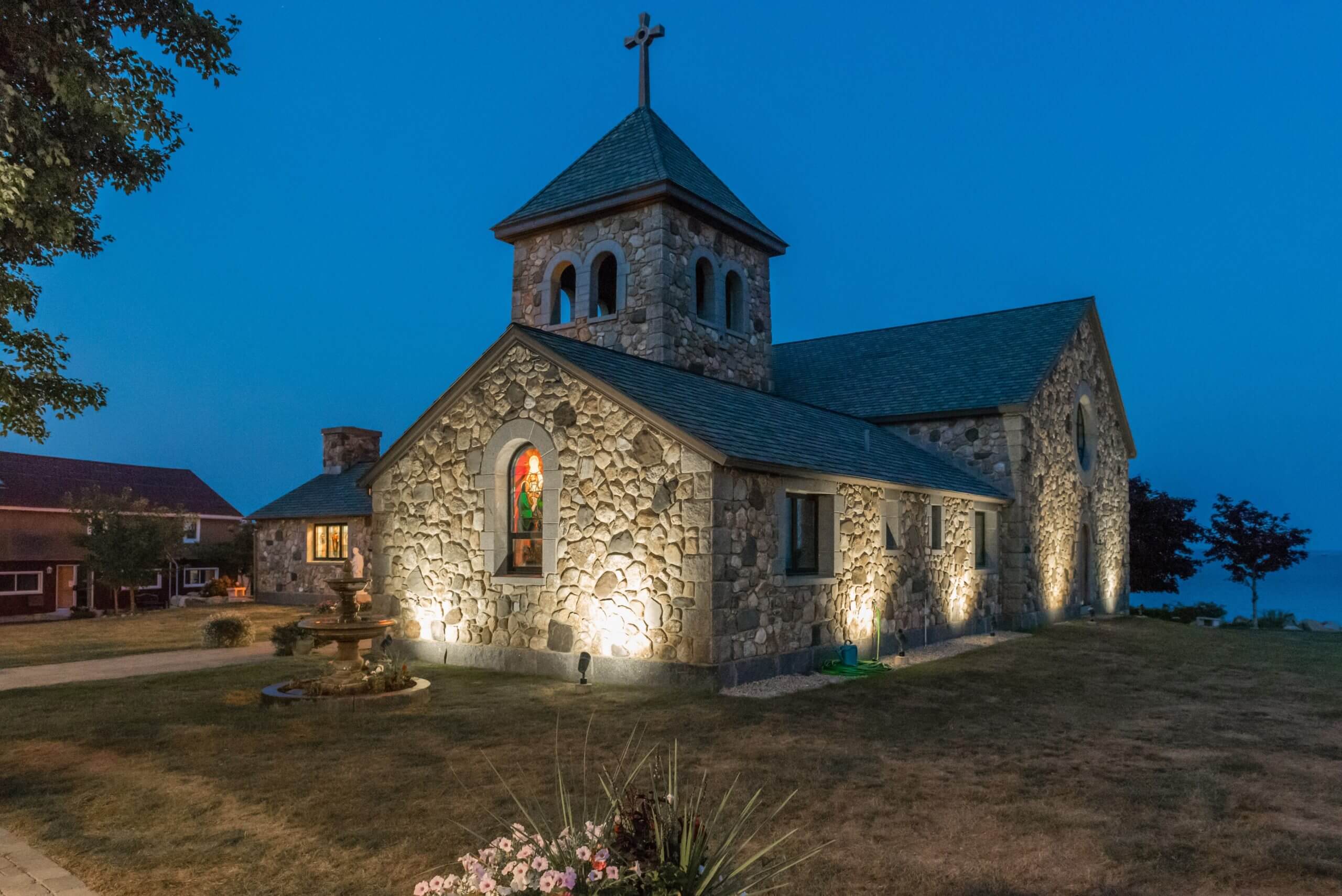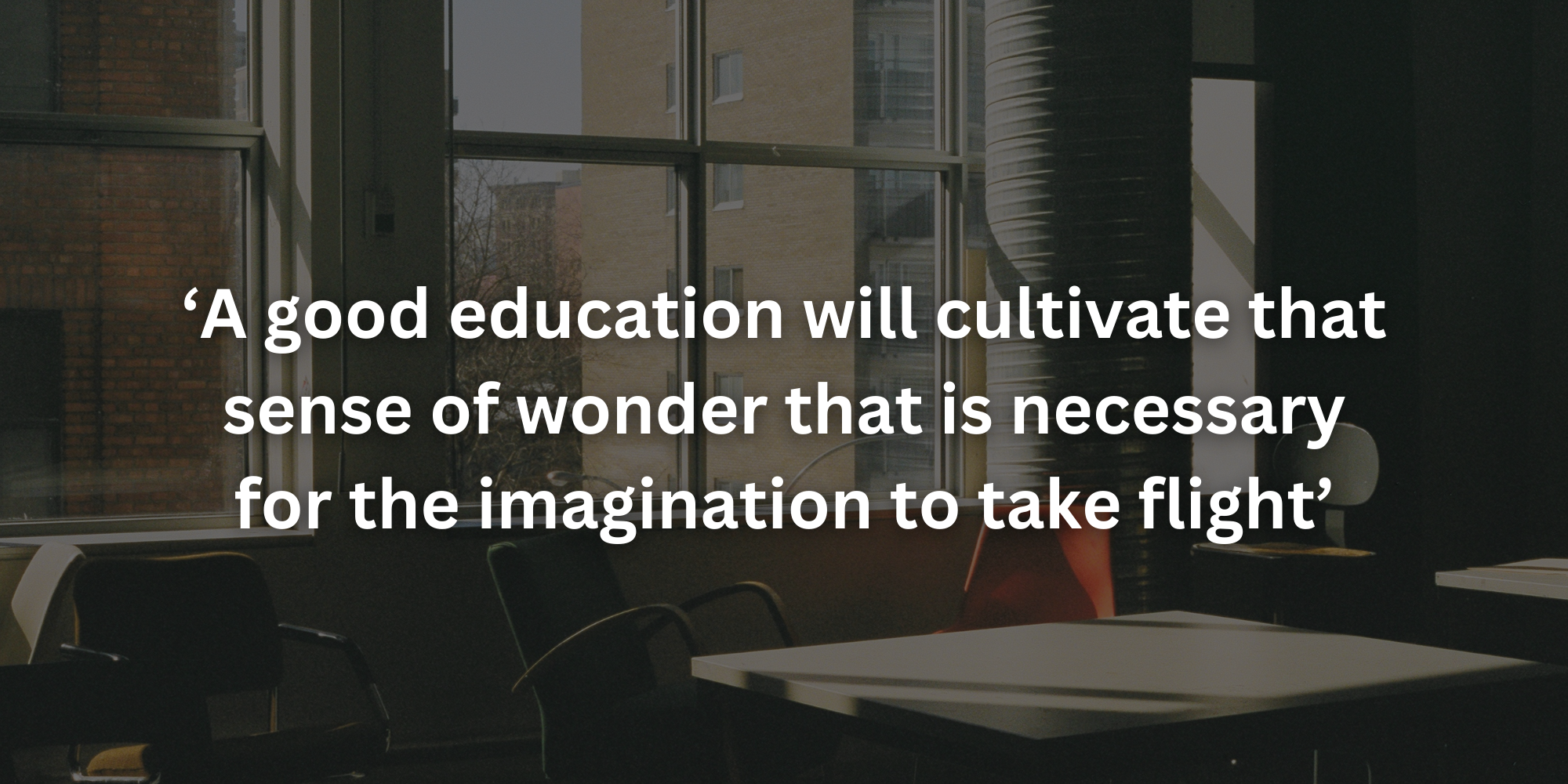
There’s a common joke in religious education that the answer to every question in religion class is “Jesus.”
I once made the mistake of sharing that with students in a class, and for the next three weeks, the only answer I ever received to any question was “Jesus,” delivered with a knowing smile.
There is, of course, a kernel of truth here. As the Word of God made flesh, the fulfillment of the law and prophets, the perfect man, God-among-us, the whole of the cosmos is recapitulated and made new in the person of Jesus Christ. St. John expresses this beautifully in the prologue to his Gospel: “All things were made through Him, and without Him was not anything made that was made” (Jn 1:3), which Paul echoes in the letter to the Romans: “For from Him and through Him and to Him are all things” (Rom 11:36).
Now, this is either true or it isn’t. As believers, we affirm that it is true. This centrality of Christ is reflected in the centrality of crucifix, tabernacle, and altar in Catholic churches. St. John Henry Newman saw its ramifications for education. Writing about the nature of university education, Newman contended that to not teach theology in schools is to deny a foundational and necessary aspect of human knowledge. Those universities and schools which do not include theology as part-and-parcel of the curriculum are not true universities at all. By excluding theology, they betray their claim to be institutions exploring universal, or all, learning.
Who, then, is the best teacher of the knowledge of God? Say it with me — “Jesus,” of course. This is why we as Catholics live not “by bread alone, but by every word that proceeds from the mouth of God” (Mt 4:4). We hang on to Jesus’ words, or gather them up as so many pearls of great price. In the words and deeds of Jesus we find the culmination and personification of the entire pedagogy of God throughout salvation history.
And how does He teach? What is His method? He teaches primarily through parable and metaphor. In other words, imagination. The Gospels are teeming with imaginative examples drawn from creation. The one “through whom all things were made” now uses these very things as a bridge to bring us from creature to creator. We might even say that creation was made from the beginning to serve this very purpose.
Who can forget what Jesus says when He commissions His disciples? He does not send them as bloodless facilitators of an abstract something. He sends them as “sheep among wolves” who must be as “cunning as serpents and yet innocent as doves” preaching Him who is the “bread of life,” giving us His “flesh for true food, and [His] blood for true drink.” To help us understand what it means to reject God, Jesus tells us of a householder who plants a vineyard and has a right to its fruit. He sends his son, the heir, to gather it up, but the workers of the vineyard cast him out and slay him. If we do accept Him, our faith is like a “mustard seed, which grows into the greatest of plants, in which all the birds of the sky find rest.” When He wants to teach us about the forgiveness of sins, he performs a miracle of healing and orders the man to “take up your mat and walk” so that we have an image for what takes place in the soul.
How, then, does Jesus teach? By moving us from the natural to the supernatural. Jesus came down to Earth so that He might lift us up to heaven. Or as the medieval school-men would put it, God’s supernatural grace is freely bestowed on us to raise up and perfect our human nature.
Jesus gives us an example from experience or nature to teach divine things. Our imagination is what bridges the gap; it allows us to see the divine in the ordinary.
It takes a good and powerful imagination to understand what God wants to do in our lives, what it means to follow Him. A good education will cultivate that sense of wonder that is necessary for the imagination to take flight. These are the natural things on which a supernatural life of faith can be built. Without it, we can sputter with C.S. Lewis’s Professor Kirk, “What do they teach them in these schools?!”
If we would grow in faith, we must become like little children and sit at the feet of the divine master and teacher. To whom shall we go? Why, to Jesus, of course.
— Father Steven Marchand is administrator of St. Ambrose Church in Bristol and St. Peter Church in Vergennes.
—Originally published in the Fall 2023 issue of Vermont Catholic magazine.

